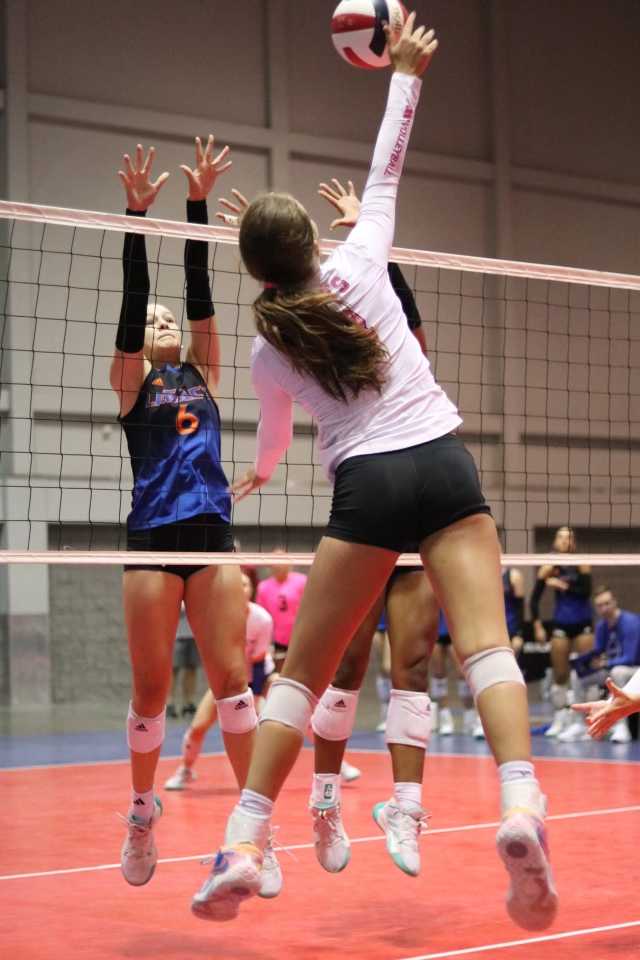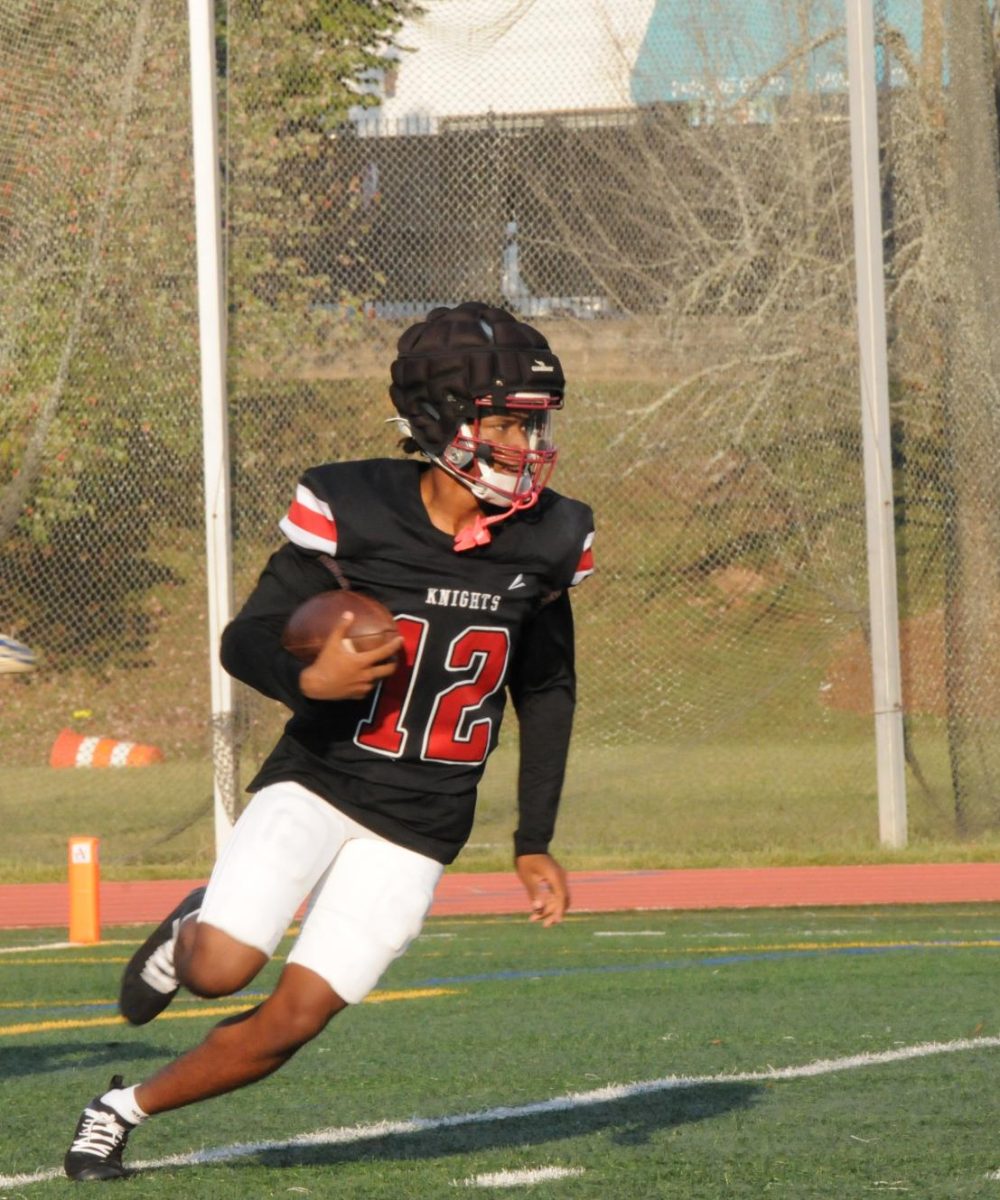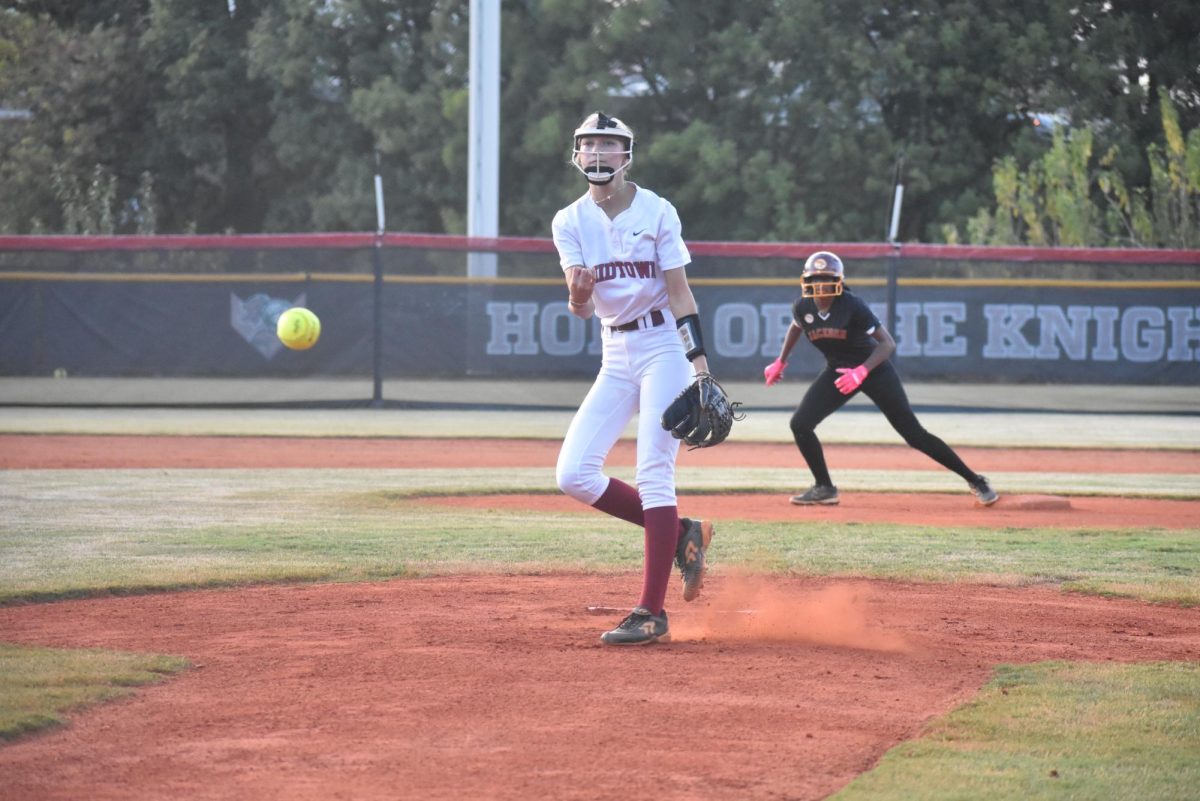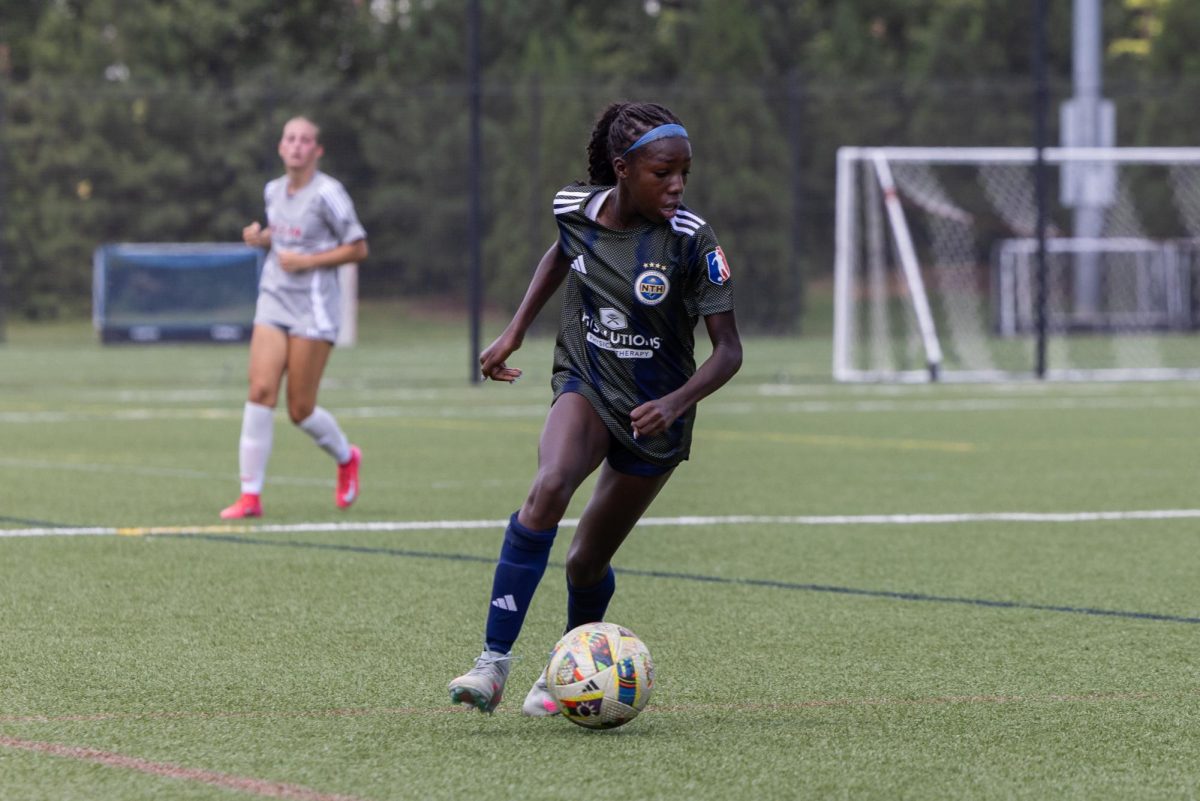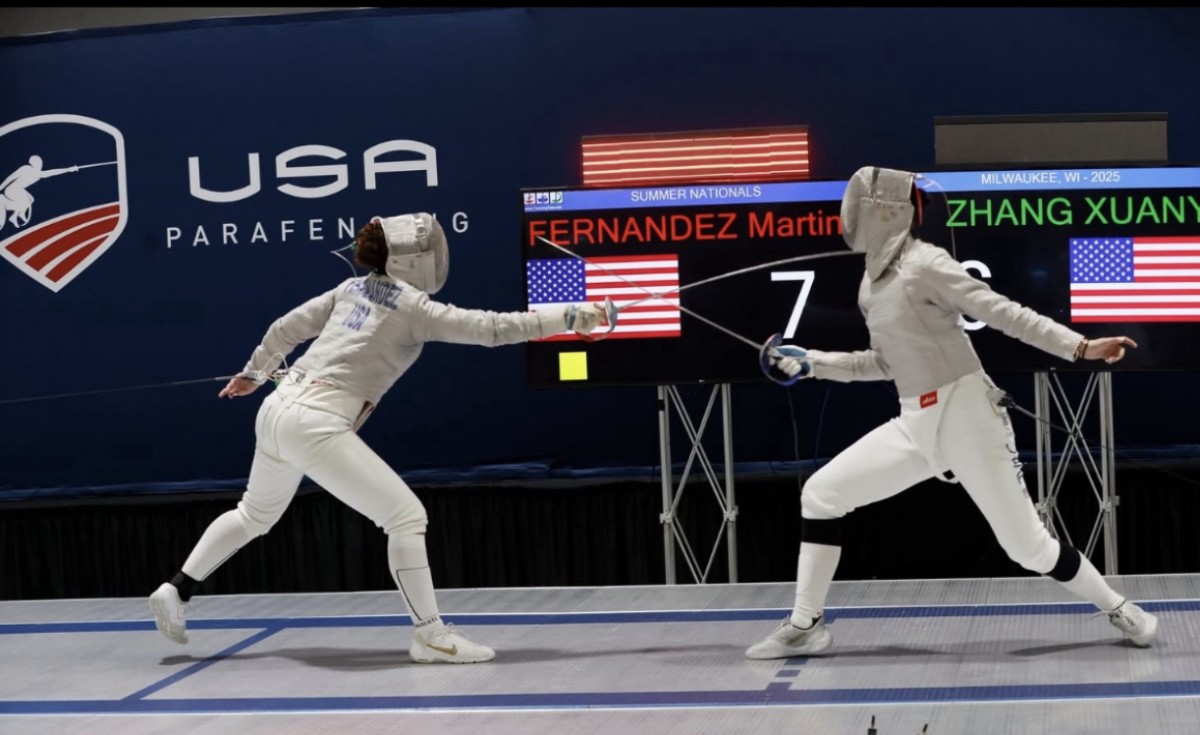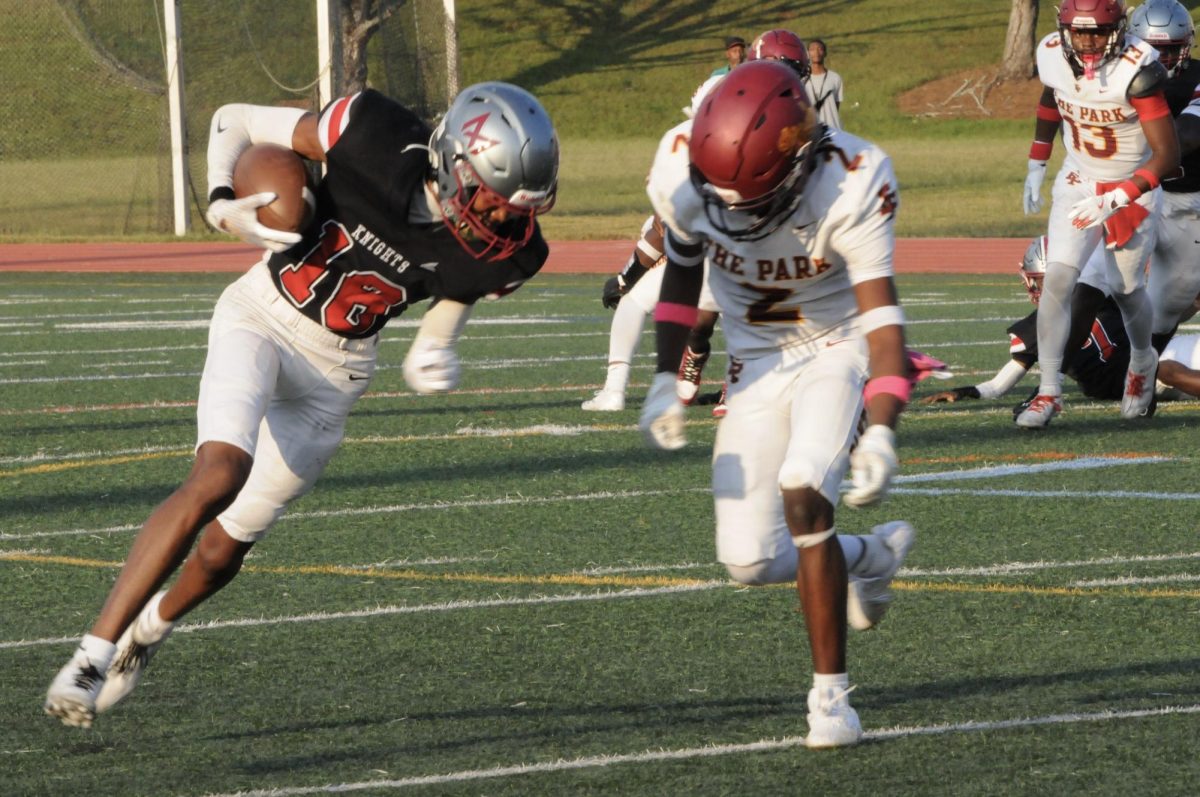At the beginning of the 2024-25 school year, Midtown announced that all assignments missed due to unexcused absences, including tests and other summatives, will have a 20-point grade deduction.
This policy is designed to cut down on chronic absenteeism, when students miss at least 10% of the school year, which hinders academic achievement and social development. While the policy is effective at discouraging chronic absenteeism, it unfairly harms student-athletes and weakens the school’s athletic programs. Athletes often need to miss school for club athletic competitions, but these absences are much fewer and less harmful than chronic absenteeism or skipping and therefore need to be handled differently.
While absences for school-related extracurriculars are excused and therefore exempted from the 20-point deductions, students who play sports at elite levels outside of school teams do not receive excused absences. High level club sports teams often have mandatory tournaments, meets and competitions that pull students out of school. It is unfair for unexcused absences from club sports to hurt students’ grades because it can limit their prospects for collegiate athletics.
Students hoping to earn a spot on highly competitive college teams need the experience from club sports to improve and showcase skills, but they also need grades that meet the standards of the school. Requiring students to choose between sports and grades can force them to give up dreams of attending selective colleges. This has the potential to reduce opportunities for Midtown students to receive athletic scholarships and could prevent some students from getting college degrees at all. The purpose of this new policy isn’t to hurt GPAs, but if athletes continue missing school for club sports, grades will unavoidably drop.
In addition to hurting prospects for individual students, this new absence policy may harm Midtown’s athletic programs. Students who don’t want to sacrifice their grades or athletics may transfer to other schools that are more supportive of their goals, which could take star athletes out of Midtown’s best sports teams. This impacts the students that stay at Midtown because it weakens the overall programs, which will lower the chances of qualifying for state-level competitions and winning team medals.
These grade penalties are inequitable because students with more resources can switch to private school or move out of the Midtown zone if their grades and athletics are threatened by the policy, but lower-income students often don’t have that opportunity.
This policy will undoubtedly increase stress for athletes. Student-athletes will have to hold themselves to the highest standard of academic perfection to balance out the 20-point deductions or decide not to care about having low grades. This unnecessarily adds to the pressure that already comes with balancing academics and athletics. Midtown faculty and administrators frequently talk about the importance of mental health for students, but this policy clearly doesn’t consider the mental health implications for athletes.
Midtown still needs to require students to complete missed work in a timely manner to reduce stress for teachers and limit learning disruptions, but 20-point grade deductions are a step too far. Instead, Midtown should require all missed assignments to be made up within five days of the student’s arrival back to school. This would still force students to stay on top of their work, but wouldn’t wrongly punish them or damage their college prospects.
In order to create well-rounded students, Midtown should enact policies that support extracurricular participation and exceptional academics. The blanket rule of docking points for all unexcused absences should be replaced with a more tolerant policy before it has the chance to hurt student-athletes.

